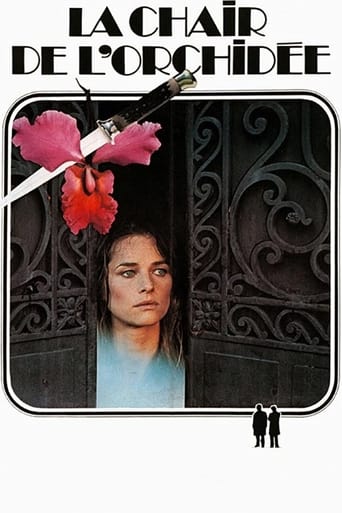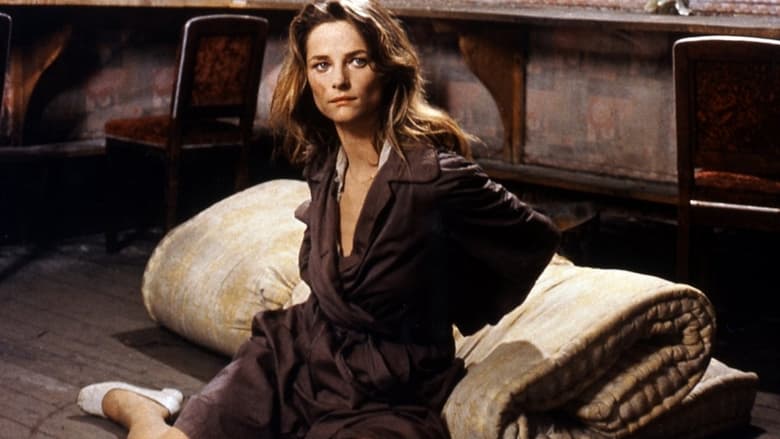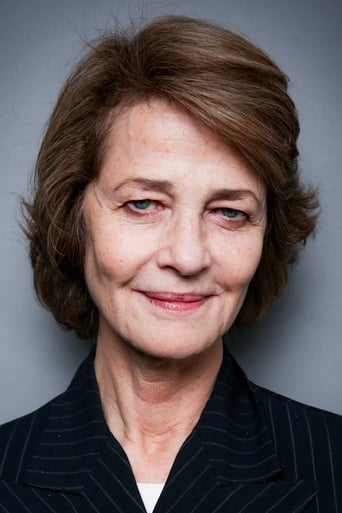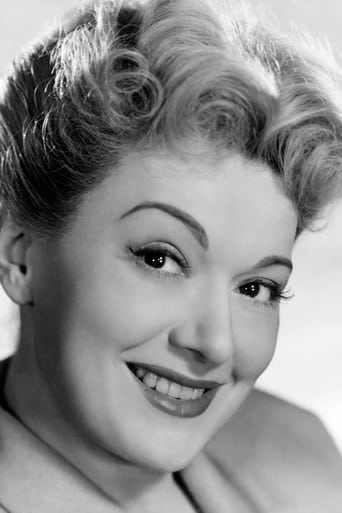

Flesh of the Orchid (1975)
A disturbed young woman is kept prisoner in a castle by her aunt for her money. The game-keeper, her guardian, tries to rape her but she escapes. In her flight she meets a man also running away, from two killers.
Watch Trailer
Cast
Reviews
I cannot think of one single thing that I would change about this film. The acting is incomparable, the directing deft, and the writing poignantly brilliant.
There is, somehow, an interesting story here, as well as some good acting. There are also some good scenes
A great movie, one of the best of this year. There was a bit of confusion at one point in the plot, but nothing serious.
It's the kind of movie you'll want to see a second time with someone who hasn't seen it yet, to remember what it was like to watch it for the first time.
Although this film is in colour, I found myself wondering the day after the first viewing whether it was in black and white or in colour - this was probably due to the darkness which dominates most of the film. Another reviewer has written "improves with a second viewing" and he was right. Unfortunately the copy I saw had English sub-titles which could not be turned off, especially irritating because they were sometimes not just different to the French original but also incorrect. Nevertheless I would regard this as one of the best films of its genre and if you can get hold of an uncut version (amazing and irritating how people love to mess around with old films) it's definitely worth watching (twice!)
This French thriller – which earned 2 Cesar nominations for Best Cinematography and Best Production Design – was based on a James Hedley Chase novel that was a sequel to his book that previously spawned two notable films: the bizarre British gangster flick NO ORCHIDS FOR MISS BLANDISH (1948) and Robert Aldrich's full-blooded THE GRISSOM GANG (1971). It is the third adaptation of the pulp writer's work to emanate from this country that I have watched, after CRIME ON A SUMMER MORNING (1966) and THE BLONDE FROM PEKING (1967); I also own an earlier example – Julien Duvivier's CHAIR DE POULE aka HIGHWAY PICK UP (1963) – but which is still unwatched. For the record, another foreign director who adapted a Chase novel for the screen is Volker Schlondorff's PALMETTO (1998) with which I am familiar and I also have the novel itself. Typical of the neo-noir revival of era, the film is permeated by an unpleasant aura that is reflected in the rain-soaked countryside atmosphere and the muddled fatalistic storyline.For being a directorial debut, the star-studded international cast that has been roped in is quite impressive: Charlotte Rampling plays a mentally unstable heiress with a penchant for blinding her assailants with a knife (right from the very opening sequence); Bruno Cremer as her unlikely and doomed lover who happens to pick her up following a traffic accident; Edwidge Feuillere as Rampling's greedy aunt forever surrounded by an entourage of people doing her bidding, including familiar bespectacled character actor Gunter Meisner and her unhealthily attached son (who eventually betrays them and commits suicide); Simone Signoret as a former circus star; Alida Valli in a one-scene appearance as a mental patient who 'recognizes' a kindred spirit in Rampling at a railway station; Hans Christian Blech plays one of two siblings – formerly a knife-throwing-circus-act-turned-hit men – who chase the pair of lovers; Eve Francis as Cremer's mother. I had previously watched the vigorous epic QUEEN MARGOT (1994) from this director and have THOSE WHO LOVED ME CAN TAKE THE TRAIN (1998) unwatched on VHS; besides, Rampling and Cremer would be reunited 25 years later in Francois Ozon's emotional drama UNDER THE SAND.
Decadent Frenchmen doing terrible things to each other in rain-soaked decaying towns--sounds interesting to you? It did to me when TFO showed this Chereau film recently. Charlotte Rampling as young Claire and Edwige Feuillere as her aunt promised much entertainment, but the reality is that this movie is a disjointed mess that even good performances (the star-studded cast boasts Alida Valli and Simone Signoret too) cannot save.Claire has a habit of blinding men who paw her with a knife: she does this three times. The two brothers--circus performers turned professional killers (God knows why)--are completely unbelievable. Madame Bastier-Wegener is always surrounded by about ten people, carrying out her orders, they're like a flock of seagulls swooping around. The plot gets more opaque as the film goes along, leaving the viewer desperately trying to fill in the blanks.Chereau's films hold very little interest for me. He is a theatrical director (his opera productions are really gripping) who strays into cinema from time to time.
Claire (Charlotte Rampling) escapes from an asylum where she has been imprisoned at the behest of her aunt and is aided by Louis (Bruno Cremer). They find themselves pursued by the Berekian brothers and the aunt who knows that Claire is the heir to a great fortune.Based as it is on the sequel to NO ORCHIDS FOR MISS BLANDISH it's no surprise that this film should inhabit a similar world of grotesque characters, bizarre incidents and savage death. With much of the violent mayhem set against a background of muddy rural yards and incessant driving rain, the resonant impression is of a battlefield in which most of the combatants will complete their private hell of isolation and desperation.A dark thriller which improves with a second viewing, it is compelling in no small part due to its star. Charlotte Rampling is so right as the enigmatic Claire trying to make sense of her own identity and it is difficult to think of any other actress who would be more perfect for this role; Bruno Cremer is quietly effective as her doomed lover.A subplot toward the end concerning the aunt, another grotesque, merely serves to dissipate the earlier tension.


